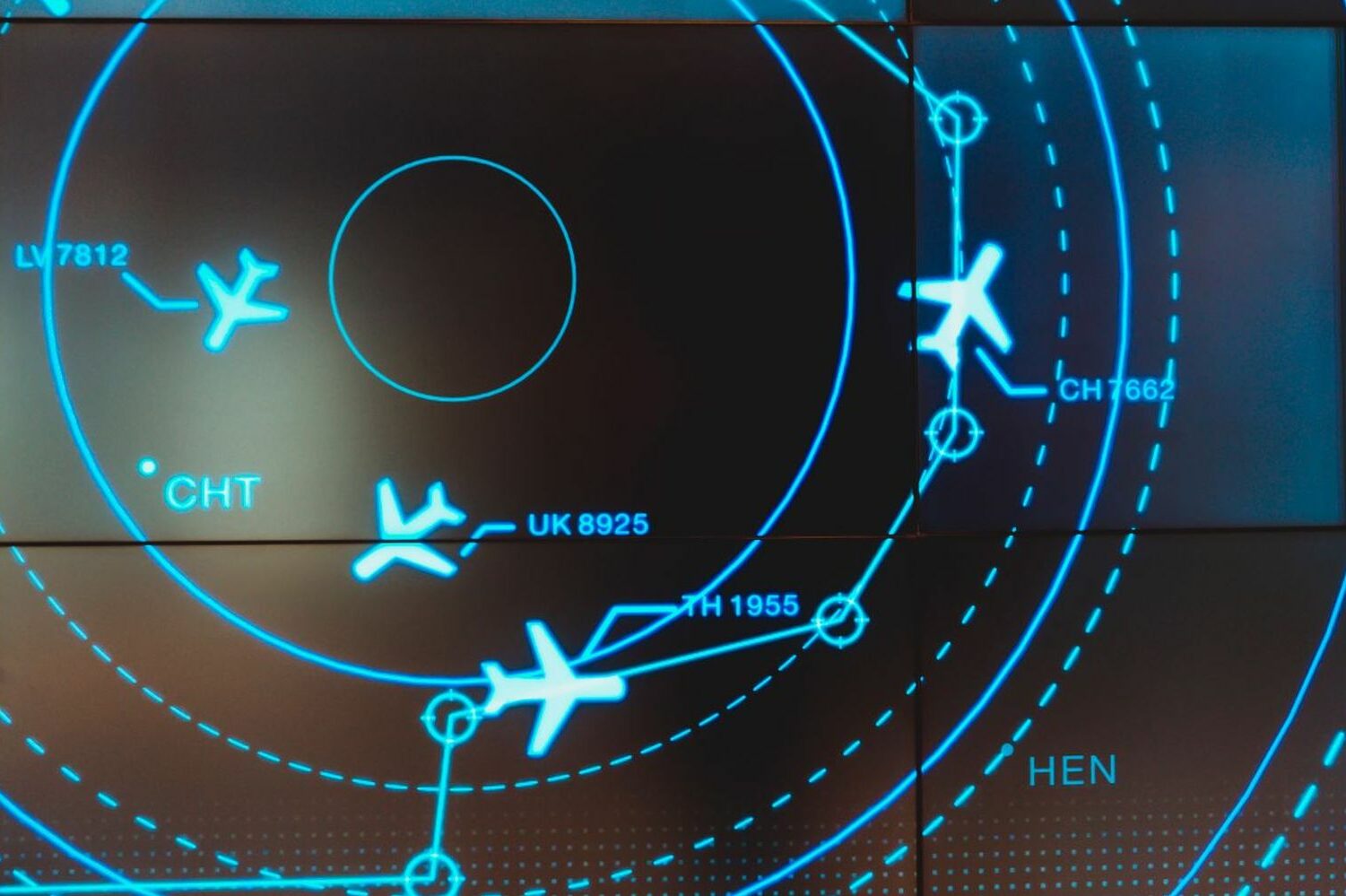
Aeronautics – B.S.
The Bachelor of Science degree in Aeronautics from Kent State University provides an education in aviation that produces professionals to operate the National Airspace System in the 21st century.
Duration
4 years
Starting Date
January, August
Tuition Fee
$ 21,578 per year
Location
Kent, United States
About the program
The Aeronautics major comprises the following concentrations:
- The Aeronautical Studies concentration prepares students for entry-level technological positions in aviation and related areas. Although focused on a broad foundation of aeronautically related subjects, the program also provides a significant number of electives that allow students to explore other areas of interest or earn a minor in a particular area of study.
- The Air Traffic Control concentration prepares students for professional work in air traffic control and management. Originally, as part of the Federal Aviation Administration’s Air
- Traffic–Collegiate Training Initiative (CTI), the concentration provides practical simulation-based training in air traffic control that enables the CTI graduates to work as air traffic controllers and managers in the National Airspace System.
- The Aviation Management concentration prepares students for entry-level management supervisory and administrative positions in aviation and other aviation-related professional fields.
- The Professional Pilot concentration is designed for students who aspire to become professional pilots. This concentration stresses subjects associated with flight systems, propulsion, structures and electronics.
- The Unmanned Aircraft Systems Flight Operations concentration is for students who aspire to become professional Unmanned aircraft pilots (drone pilot). This concentration is focused on the safe operations of unmanned aircraft systems, regulations, the technology of autonomous systems and policy regarding the operations of unmanned aerial elements.
Learning Outcomes
Graduates of this Aeronautics program from Kent State University will be able to:
- Apply knowledge of math, science and the applied sciences to aviation-related disciplines.
- Analyze and interpret data.
- Understand and master the fundamental concepts and skills of airplane flight.
- Communicate effectively through written and oral means.
- Recognize the need and develop the cognitive abilities to engage in life-long learning by successfully contending with changing technologies, regulatory policies and procedures, market forces and the highly dynamic operational environment of commercial flight and professional aviation.
- Understand contemporary issues that affect aviation.
- Use the techniques, skills and modern technology necessary for professional practice.
- Understand the national and international aviation environment.
- Apply pertinent knowledge in identifying and solving problems.
Courses Included
- Aeronautics
- Non-pilot Elements of Flight Theory
- Algebra for Calculus (Kmcr)
- Elements of Aviation Weather
- Air Traffic Control
- Air Traffic Control Laboratory
- Human Communication








